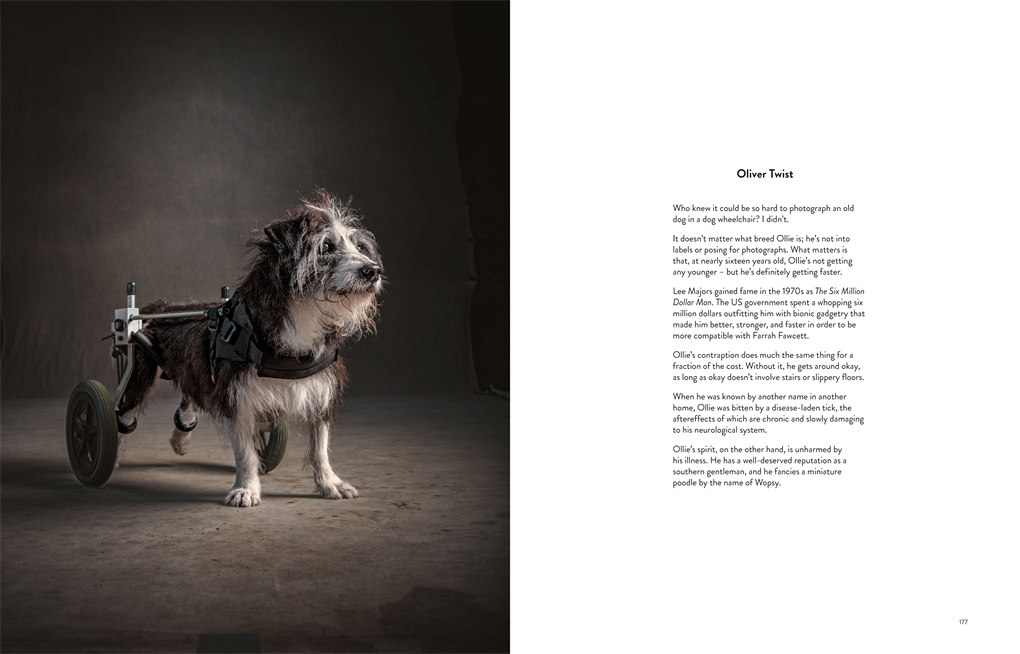

(And of course, Greg himself is not as unaffected as he wishes.) The gags include effectively placed callbacks to seemingly incidental events (the “stress lizard” brought in on testing day is particularly funny) and a lampoon of after-school-special–style problem books. While Greg’s positive about the move, he’s not completely uncaring about Rowley’s action.

Left with only enough inheritance to patch and repair the exterior of the house-and with the school’s dismal standardized test scores as a final straw-Greg’s mom steers the family toward moving, opening up house-hunting and house-selling storylines (and devastating loyal Rowley, who doesn’t want to lose his best friend). Once the professionals are brought in, the problems keep getting worse: angry neighbors, terrifying problems in walls, and-most serious-civil permitting issues that put the kibosh on what work’s been done. Before bringing in the construction crew, the Heffleys attempt to do minor maintenance and repairs themselves-during which Greg fails at the work in various slapstick scenes. Greg’s mom calls a family meeting to determine what to do with their share, proposing home improvements and then overruling the family’s cartoonish wish lists and instead pushing for an addition to the kitchen. When Great Aunt Reba dies, she leaves some money to the family. The Heffley family’s house undergoes a disastrous attempt at home improvement. This third outing is as warmhearted as the first two.ĭeftly weaving together historical anecdotes and simple line illustrations, Lin once again touches the heart of growing up in a multicultural family. Luckily, there is a lot of loving family to surround her, and a lot of incredible food to eat (especially dumplings).

But painting with a bamboo brush on rice paper is difficult! The one talent that made her feel safe is suddenly gone Pacy doesn’t know who she is anymore or where she belongs. She’s a good artist surely she’ll make some friends.

Pacy’s mom signs her up for a painting class, and Pacy is excited. In Taiwan, she looks similar to everyone else, but she doesn’t speak Chinese or Taiwanese. At home in New York, Pacy is one of the few Asians in her class. When Pacy’s dad calls Taiwan an island of treasure, or bao dao, which sounds similar to the Chinese word for dumplings, she wonders-could Taiwan’s treasure be food? In a companion novel to The Year of the Dog (2006) and The Year of the Rat (2008), gentle Pacy is back, brimming with questions of identity and self-discovery. Pacy and her family travel to Taiwan for one month to celebrate her grandmother’s 60th birthday, giving this Chinese-American girl another lens through which she can examine her identity.


 0 kommentar(er)
0 kommentar(er)
